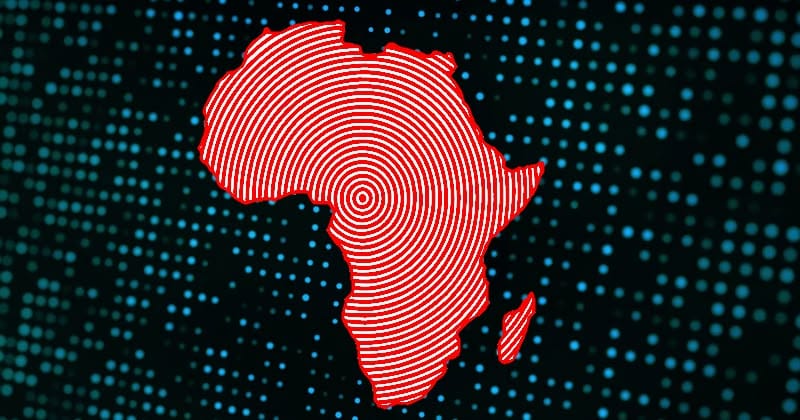
Harmonizing Global Regulations with Privacy Compliance Frameworks
In the vast tapestry of the modern world, two threads have become particularly intertwined: the increasing importance of data privacy and the global nature of business. As companies expand beyond borders, they often find themselves navigating a complex maze of regulations, each designed to protect citizens’ personal data. But how can businesses harmonize these diverse regulations with privacy compliance frameworks and ensure smooth, compliant operations?
A Patchwork of Privacy Regulations
From the European Union’s General Data Protection Regulation (GDPR) to California’s Consumer Privacy Act (CCPA) and Brazil’s Lei Geral de Proteção de Dados (LGPD), regions around the world have recognized the paramount importance of data privacy. Each of these regulations, though with shared objectives, often has its distinct requirements and penalties.
For global businesses, this doesn’t just mean ticking boxes. It means embracing a dynamic approach where understanding and respecting multiple jurisdictions becomes a standard operating procedure. And that’s where privacy compliance frameworks enter the picture.
The Role of Privacy Compliance Frameworks
Imagine a framework as a foundational structure that companies can build upon. These are designed to provide a set of best practices that, when followed, help ensure compliance with a variety of privacy regulations. Essentially, these frameworks offer a roadmap—a way to navigate the overlapping, sometimes conflicting requirements of international data privacy laws.
Some popular frameworks include:
ISO/IEC 27701: An extension to the renowned ISO/IEC 27001 standard, this provides guidelines for establishing, implementing, maintaining, and continually improving a Privacy Information Management System (PIMS).
NIST Privacy Framework: Developed by the U.S. National Institute of Standards and Technology, this tool aims to help organizations identify and manage privacy risks, fostering trust in their products and services.
AICPA/CICA Privacy Maturity Model: Crafted by the American Institute of CPAs and the Canadian Institute of Chartered Accountants, this model helps businesses evaluate and improve their privacy practices.
While each of these frameworks can be effective, the real magic happens when they’re used as instruments to harmonize global regulations.
Steps to Harmonization
Understanding the Landscape: Before aligning regulations with frameworks, businesses must first understand the scope of data privacy laws relevant to their operations. This requires regular monitoring as these laws are dynamic and frequently updated.
Mapping Overlaps and Gaps: Once the regulatory landscape is clear, companies can map these requirements against the chosen compliance framework’s guidelines. Wherever the framework meets or exceeds a regulation, there’s harmony. Where it doesn’t, there’s a gap that needs addressing.
Customization is Key: No single framework will ever perfectly fit every regulation across the board. Hence, customization, tailoring guidelines to meet specific regional requirements, becomes imperative.
Ongoing Review and Improvement: Compliance isn’t a one-time activity. With regulations and business environments evolving, continuous reviews and improvements to the privacy strategy are essential.
Training and Awareness: For any framework to be effective, it’s crucial that all staff members, from top-level executives to front-line employees, understand its importance and how to implement it in their daily roles.
Benefits of Harmonized Compliance
Operational Efficiency: Instead of scrambling to meet each regulation separately, businesses can streamline their operations, saving time, and resources.
Enhanced Trust: When stakeholders, be it customers or partners, know that a business is following a robust privacy framework that meets global standards, trust is naturally fostered.
Risk Mitigation: By preemptively identifying and addressing privacy risks, companies can avoid costly penalties and reputational damage.
Future-Proofing: With a solid framework in place, adapting to new regulations or changes becomes significantly easier.
The Path Forward
The age-old adage, “prevention is better than cure,” rings especially true in the realm of data privacy. By proactively harmonizing global regulations with privacy compliance frameworks, businesses not only safeguard themselves but also cultivate a culture of respect for personal data—a currency whose value will only rise in the coming times.
Contact Cyber Defense Advisors to learn more about our Privacy Compliance solutions.





